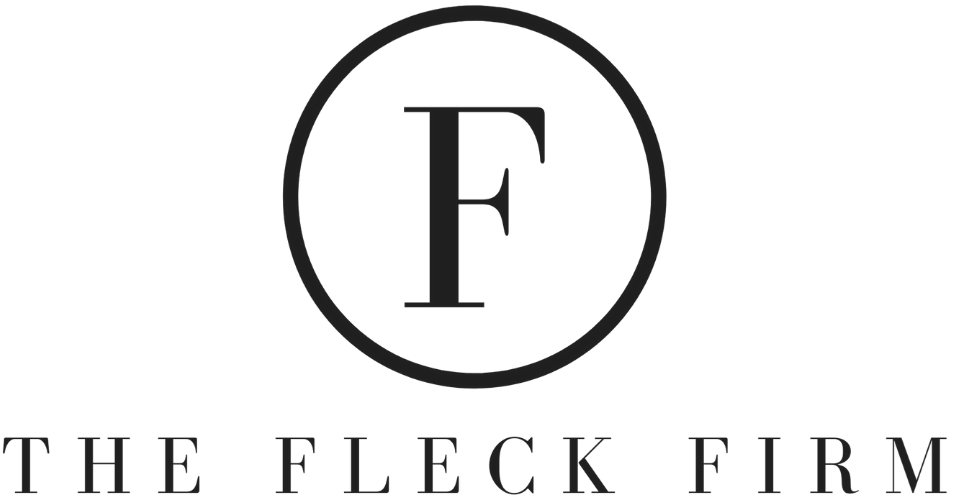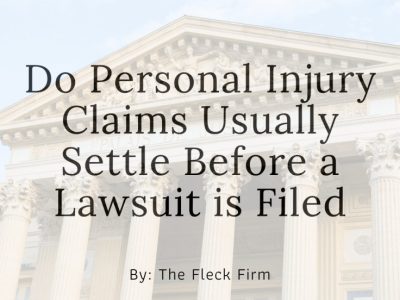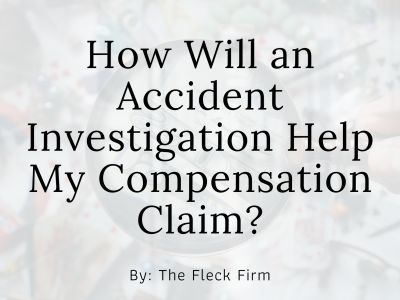Each case is unique, including the ease or difficulty in settling. Most of our cases settle before we file a complaint in court. But many circumstances could result in a relatively quick settlement or delay it substantially.
Why Do Parties Settle Before a Lawsuit’s Filed?
There are benefits when both sides agree to a reasonable settlement earlier in the process:
- Time and Expenses Saved: Settling a personal injury claim before filing a lawsuit can save considerable time and money
- Control and Certainty: Settlement negotiations allow both parties to control the resolution. The outcome is out of their hands when a case goes to trial. A judge or jury may make unexpected decisions. Damage awards may be much higher or lower than what seemed likely
- Privacy: Trials are public proceedings. You and the other party disclose embarrassing or painful things under oath to strangers in a room open to the public
A trial is a way to resolve disagreements between two or more parties. A case settles when they realize negotiating an agreement is a better way to do this.
Other attorneys take contingent fees of 33% to 50% of your settlement.
We want you to keep more of your money.
Our contingent fee is only 30% on cases settled prior to filing suit.
Why Won’t Parties Settle Before the Lawsuit’s Filed?
Some factors affecting how quickly a case will settle include:
- Liability: The primary factor influencing settlement is the strength of your liability claim (based on the facts and law, the defendant is to blame for your injuries). The more clearly the evidence supports your claim, the more likely the case will settle quickly. If liability is uncertain or disputed, the insurance company will probably make a low settlement offer and be more willing to take the case to court
- Multiple Parties: Liability can be clouded when various parties and their insurance companies are involved. You might be one of several people making personal injury claims based on a single accident. If multiple parties cause it, there can be disagreements over who has what share of responsibility. The insurance companies involved may be more or less inclined to settle or litigate disputed issues
- Damages: They’re the measurement of the harm you suffered and what you’re reasonably expected to suffer in the future, in dollars. Like liability, the more established and documented your injuries and financial losses, the better the chances of an early settlement. The less clear the connection between the accident and your injuries, the more willing the insurance company may be to take the case to a trial
- Complex Injuries: A damages issue may be that you have complex or severe injuries. They often require extensive medical treatment, long-term care, and rehabilitation. Determining the full extent of your damages and estimating your future medical costs accurately can be challenging. Insurance companies may only offer a fair settlement if they fully understand the long-term implications of the injuries. This can result in prolonged negotiations and the need for an expert opinion to support your claim
- Unreasonable or Inflexible Parties: Settlement negotiations won’t go far if either party is unreasonable or inflexible. Stubbornness or unrealistic expectations can hinder progress toward a resolution. If the insurance company refuses to acknowledge liability, undervalues the claim, or is unwilling to negotiate in good faith, it can prolong the settlement process or result in filing a lawsuit. A plaintiff who won’t reasonably negotiate because they see their personal injury claim as a crusade, a test of wills, or a fight involving good and evil and not as a way to be reasonably compensated for their losses doesn’t understand how the legal process works
In nearly all cases, obstacles to settlement are pushed aside or resolved before a trial occurs. The parties will reach an agreement they can both live with, and the lawsuit will be dismissed.
Get the Help You Need from an Attorney You Can Trust
If you or a family member are injured or killed in an accident, we can help. Call the Fleck Firm at (270) 446-7000 or contact us online to schedule a free consultation. We’ll discuss the accident, your injuries, how Kentucky law may apply, and your best options to proceed. Insurance companies have lawyers. You should have one too.








